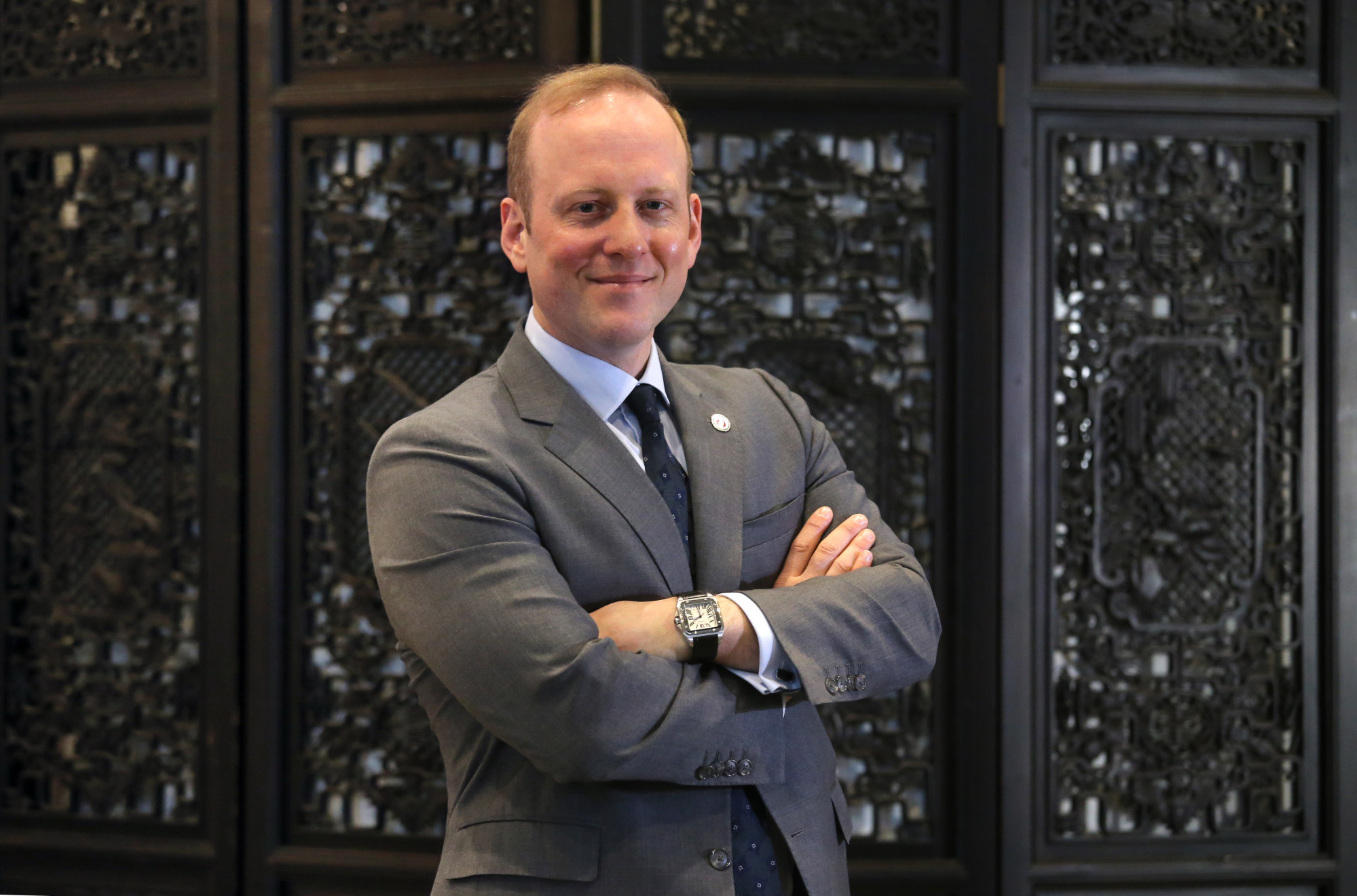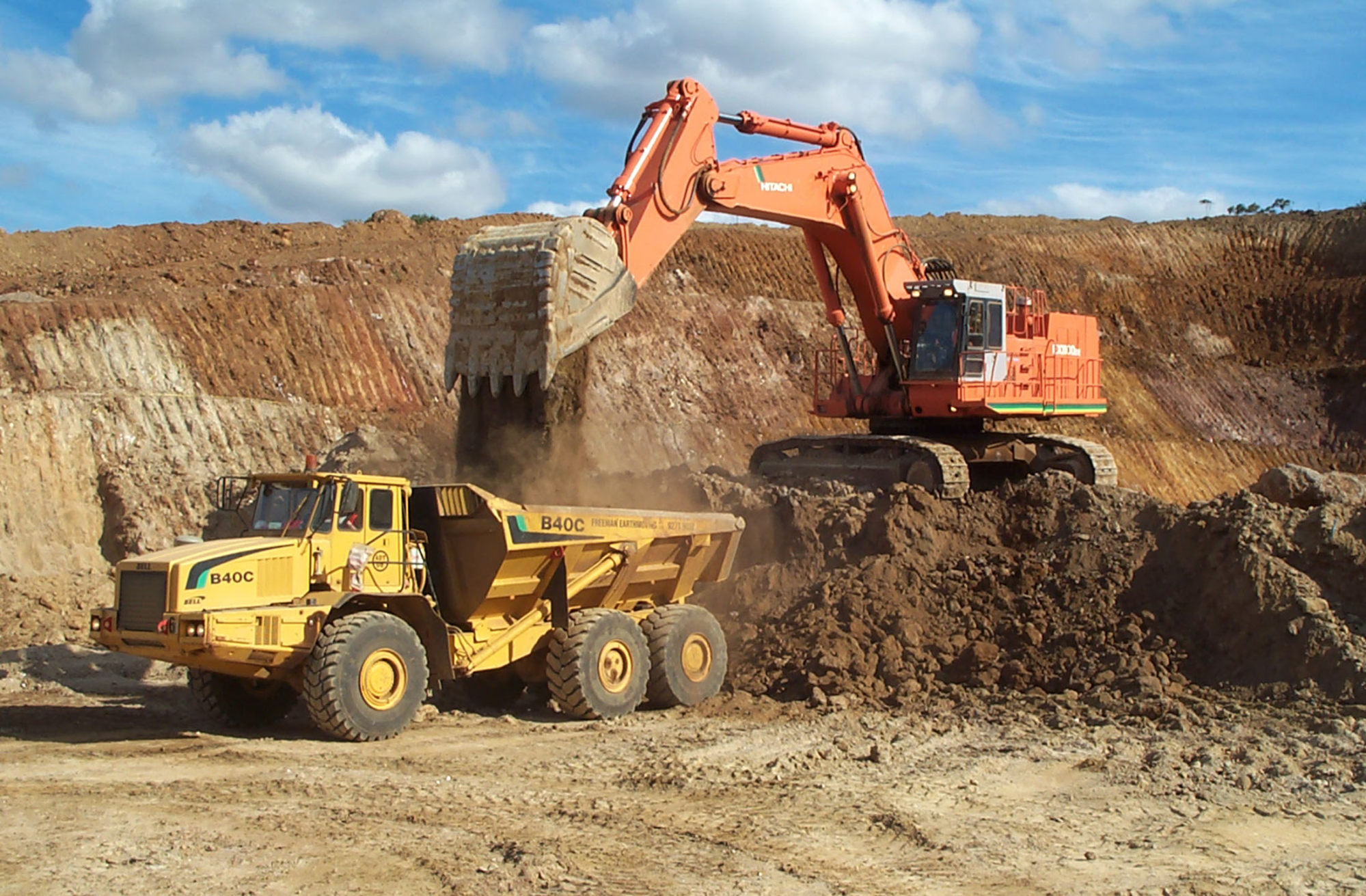
Electric vehicles: investors bank on China demand in plan to revive Australian nickel and cobalt refinery
- A group of local and European investors are putting more than US$1 billion towards reviving a refinery in Australia to capitalise on demand for nickel and cobalt
- They are talking to electric carmakers, battery producers for potential offtake agreements
A consortium of Hong Kong and European private investors are spending more than US$1 billion to revive a mothballed nickel and cobalt refinery in Australia by turning mining waste into lucrative materials for electric-car batteries.
They aim to turn the Yabulu refinery in Queensland into one of the world’s top 10 producers of refined nickel within 18 months to benefit from sustained demand and high prices for the metals, said Richard Petty, a Hong Kong-based businessman and one of the nine investors in the group.
Nickel and cobalt are among key materials for lithium-ion batteries found in electric vehicles and energy storage systems. They are key inputs in high demand as governments and businesses pursue a transition to clean energy and step up efforts to fight climate change.
“We have been in discussions for some months with some of the world’s largest companies in the electric vehicles and batteries industries,” said Petty, former chairman of the Australian Chamber of Commerce Hong Kong and Macau. “They are keen to enter into offtake agreements.”

The investors plan to raise US$750 million to install a 1.5 gigawatt solar farm and energy storage facilities on site to replace a coal-and-natural gas-fired power-generation plant, he added in a phone interview.
Switzerland-based entity Zero Carbon Investek (ZCI) last month agreed to buy the Yabulu refinery for nearly A$2 billion (US$1.35 billion) from tycoon Clive Palmer, the Australian Broadcasting Corp said in a report. Petty declined to comment, citing confidentiality agreements. Most of the investors, however, have decades of experience in the mining, metals and commodities industry, he said.
The Yabulu refinery, previously owned by BHP Billiton, fell into administration in 2016 when metal prices plunged. Queensland’s Environment Department had estimated an initial cost of A$93 million to deal with millions of tonnes of toxic sludge in the tailings dam, ABC reported in 2016.

Nickel fetches about US$26,000 a tonne versus a multi-year high of US$33,000 in April last year. Cobalt traded at about US$51,000 per tonne, after also reaching a multi-year high of US$81,860 last April, according to Statista.
When reopened, the Yabulu refinery will have the capacity to produce 53,500 tons of nickel and 3,700 tonnes of cobalt annually, just from processing tailings, Petty said in the interview. Metals in the tailings are worth “up to US$10 billion” based on independent valuations commissioned by ZCI, he added.
Petty said potential business collaborators include electric-car battery makers, financial institutions and “smart city” infrastructure providers in Hong Kong, Shenzhen and elsewhere in mainland China.
Still, some analysts are bearish on the outlook for the metals this year. That is because battery producers are under pressure to reduce costs after China phased out cash subsidies for EV purchases, analysts at China International Capital Corporation said in a report last month.
“In 2023, under China’s policy support, nickel demand from both the new energy and stainless steel sectors will continue to increase,” said a ITF Research Institute report on December 23. “But oversupply is expected as capacity from new nickel refining projects [in China and Indonesia] ramps up” which will dent prices, it added.

